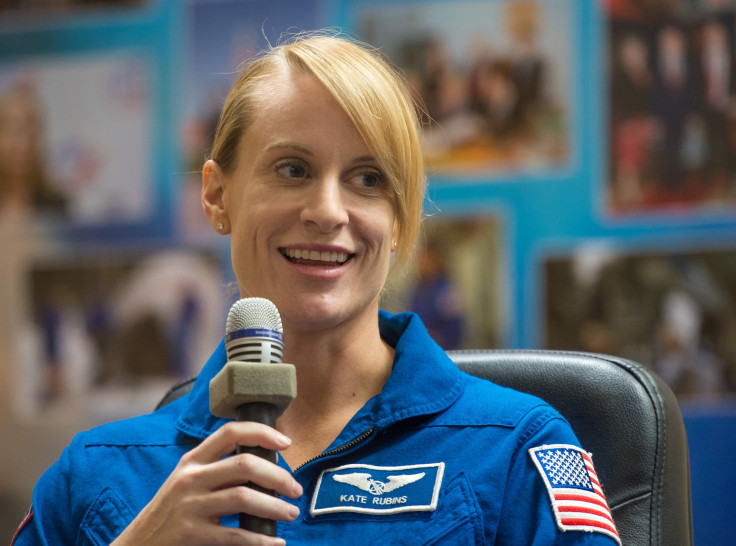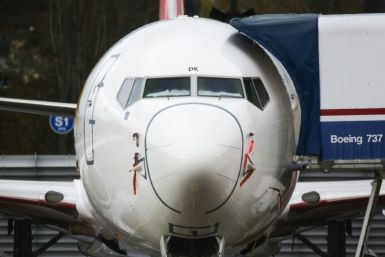NASA’s SpaceX to send first virus detector in space; DNA sequencer minION may help in detecting alien life forms

SpaceX is all set to send fresh cargo to the International Space Station (ISS) and it will include a handheld DNA sequencer that may one day help in detecting alien life forms. The small device is the first virus detector in space. It will be conducting new cosmic DNA research. Known as minION, the sequencer will not only help detect life beyond Earth but also help analysing the weird fungus growing on ISS’s walls.
NASA astronaut Kate Rubins, who is also a professionally trained virus hunter, will be carrying out the first full-blown DNA decoding in orbit. NASA scientists are excited about how the handheld device will work in microgravity as it’s never been done before. Rubins went to Congo for her research before she became an astronaut in 2009.
SpaceX will launch a rocket with the cargo on Monday in the US.
“For all the reasons the sequencer is good for microbiology applications—it’s small, it’s lightweight, pretty robust—it’s a good piece of equipment to send to other locations in the solar system. So if you wanted to go to Mars and see if there was life, if you had a small sequencer device, you could take it with you, and you could actually start looking for life,” astrobiologist and the lead of the sequencing project, Aaron Burton, told Gizmodo.
Rubins will be working with harmless test samples such as a mouse genome, a virus and bacteria. The researchers also want to find out the weird fungi growing the walls of ISS and if it’s something to be concerned about.
Manufactured by Oxford NanoPore Technologies, the device reveals the order of chemical building blocks along a strand of DNA. It possesses the hereditary information which is passed from one generation of organisms to the next. The researchers are also trying to find out how the sequencer can be modified to detect with alien life that doesn’t even have DNA.






